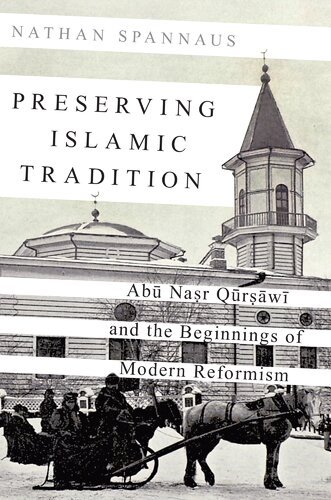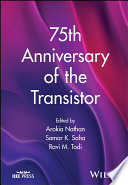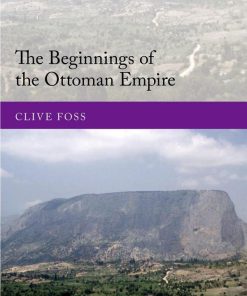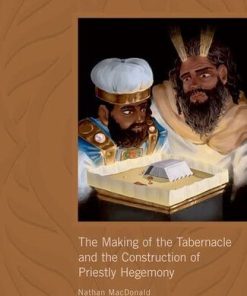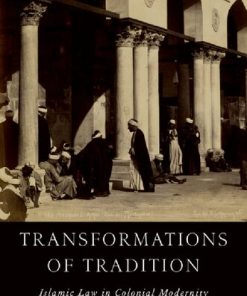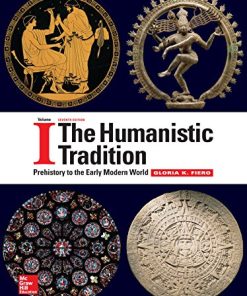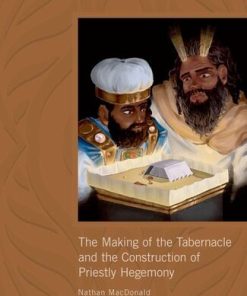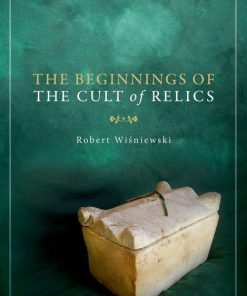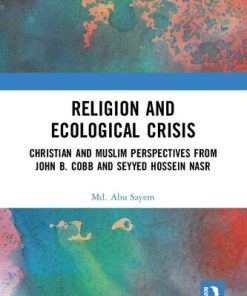Preserving Islamic Tradition: Abu Nasr Qursawi and the Beginnings of Modern Reformism Nathan Spannaus
$50.00 Original price was: $50.00.$25.00Current price is: $25.00.
Preserving Islamic Tradition: Abu Nasr Qursawi and the Beginnings of Modern Reformism – Ebook Instant Download/Delivery ISBN(s): 9780190251789,0190251786
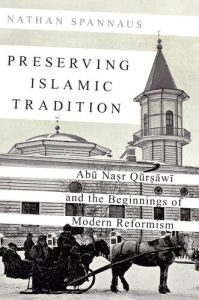
Product details:
- ISBN-10 : 0190251786
- ISBN-13 : 978-0190251789
- Author: Nathan Spannaus
The end of the eighteenth century was a transformational period for the Muslim communities of the Russian Empire and their relationship with the tsarist state. Though they had been under Russian rule since the sixteenth century, it was at this time that they were incorporated into the imperial bureaucracy, most significantly through the founding of an official hierarchy for the Islamic religious scholars in 1788.
The introduction of a state-backed structure for Muslim religious institutions altered Islamic religious authority and, in turn, religious discourse. One of the major figures to emerge from this new context was Abu Nasr Qursawi (1776-1812). A controversial figure who was condemned for heresy in Bukhara in 1808, Qursawi put forward a sweeping reform of the Islamic scholarly tradition. Focusing on taqlid, the principle of conformity to established doctrine, Qursawi argued that its overuse had weakened scholarship in the areas of Islamic law (fiqh) and theology (kalam) and undermined scholars’ ability to serve as religious guides.
Table contents:
1. Introduction—Historiography of Reform and Tradition
2. An ʿĀlim in the Russian Empire
3. An Epistemological Critique
4. Ijtihād and the Function of Legal Theory
5. The Question of the Divine Attributes
6. Postclassical Kalām
7. Reform Within the Scholarly Tradition
8. Modernity
9. The Transformation of the Religious Environment
10. Conclusion—Separating Qūrṣāwī and Jadidism
Bibliography
Index
People also search:
preservation and commentary by islamic scholars
islamic preservation of greek texts
pre islamic persian culture
islamic preservation and commentaries on greek moral and natural philosophy
the preservation of the quran
pre-islamic
traditional islamic burial procedures
You may also like…
Technique - Electronics
History - Middle Eastern History
The Beginnings of the Ottoman Empire 1st edition by Clive Foss 0192634771 9780192634771
Religion & Spirituality - Bible
Politics & Philosophy - Anthropology
Transformations of Tradition: Islamic Law in Colonial Modernity
Uncategorized
The Humanistic Tradition Volume 1: Prehistory to the Early Modern World 7th Edition, (Ebook PDF)
Fiction - Humour
History - World History
The Beginnings of the Cult of Relics 1st Edition Robert Wiśniewski


